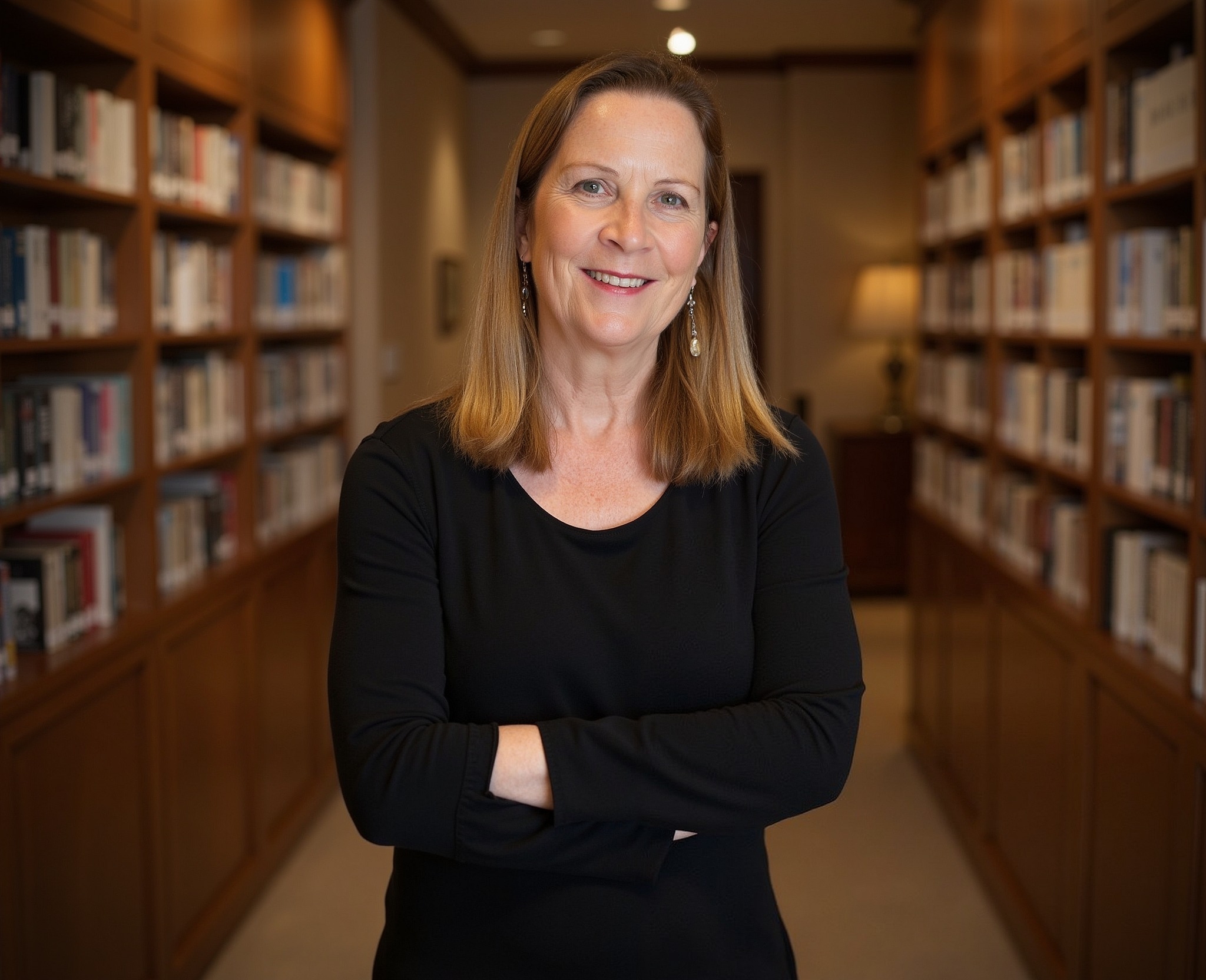After my mother’s 2005 death, I flew back from my native Ireland to my home in Massachusetts. In those post-funeral weeks, I read some sibling emails on how, after 50+ years of marriage, our octogenarian father was coping with widowhood. In there were some rumblings about his new, daily hobby of off-track betting on thoroughbred horse races.
Though I didn’t yet know the extent or details, whenever I mentioned my father’s new gambling habit to American friends, I got a few emoji-like frowns or mutterings about “squandering away your inheritance.”
“Be careful of that,” one person warned. “If it happens, it’ll really hurt.”
Hurt? Would I have forfeited my portion of our ancestral farm–plus what I expected to be a modest cash inheritance–to lessen the dazed, rear-ended look in my father’s eyes?
Yes. No question.
The following spring, I was on another visit back when my father and I were invited to one of my four siblings’ city houses for dinner and a sleepover. Galway City is about 40 minutes from our rural village, which, in his car, was just long enough to get the lowdown on the gambling–this time from the proverbial horse’s mouth.
We were driving past a roadside garden center when my usually stoic father launched into a sort of daily time log, starting with how he woke up wondering if yesterday’s race horse had won or lost. As usual, something was blinking and misfiring in his car’s dashboard.
Now, 15 years later, I see that the biggest misfire was really between us two, a father with advanced hearing loss and his emigrant, middle-aged daughter.
Once he got himself up and went downstairs (he said), he ate a solitary breakfast and fed Spotty, the dog. Next, he walked down to our village shop for the daily newspaper. Back at the house, he checked the sports pages for his winners and studied that day’s racing form to pick his new horses. Then, it was time to drive to town and the bookmaker’s shop where he chatted with other men.
Was I supposed to applaud his new hobby? Ask some gentle, probing questions? Over the car engine noise, he wouldn’t hear me anyway, so I said a few uh-huh’s while thinking, Oh, how my prim and thrifty mother would have hated all this.
She needn’t have worried. My father, who had worked a two-job life as a farmer and a lorry driver, wasn’t about to squander his pension on high-roller wagers or long-shot bets.
His time log had progressed to his evening rituals of supper and TV programs and a cup of hot milk before bed.
“Uh-huh,” I said again.
Then, the silence stretched between us, and I remembered how, if and when he was ever home from work in time to collect me from an after-school event, we always drove home in silence. Ditto for when he came to collect me off the cross-country train from college.
He wasn’t one for small talk, and, back then, the younger me never really knew what to say.
Now, across the car, he jabbed a preachy finger at me. “The horses keep me going. Over there in America, you should remember this: You always need to wake up to something.”
Five years and a few months after that day in the car, my father died of complications from congestive heart failure.
In his final few years, he had moved out of our rural home and village to divide his time among my four siblings’ houses. In each suburban neighborhood, he found himself a new bookmaker’s shop. His favorite had a recliner chair from which he could watch his TV-broadcast horse races and count (mostly) his winnings and, I’m betting, sneak in a few afternoon naps.
During our pandemic year, I have really tried to follow my father’s “you have to wake up to something” advice. Yet, as our COVID case and death rates rose, my dreary brain dipped and stalled—except for when it hopscotched forward to behold a shapeless and unknown future.
How long before we can reach some kind of herd immunity? Before we can board a plane to visit our faraway families? Today, as I write this, and as a fully vaccinated (and lucky) woman, I keep asking these still.
You have to wait.
In 1982, the Autumn after college graduation, my father told me that. I had spent that summer sending out résumé after résumé, while my college friends sent me updates on their new city jobs and nightlife.
That morning, as I read yet another job-rejection letter, my father was eating his boiled egg when, across the breakfast table, he spotted my silent tears.
He twirled his hand at me, mimicking a cassino roulette. “Your number just hasn’t come up yet. But it always does.”

Áine Greaney is an Irish-born writer who lives in coastal Massachusetts. Her work has appeared in various publications, including The Wisdom Daily, Creative Nonfiction, Salon, The New York Times, Books Ireland, The Mindful Word, World of Psychology, and others. Her fifth book has just been published by Sea Crow Press. She teaches writing at libraries, conferences, and health and wellness organizations.

